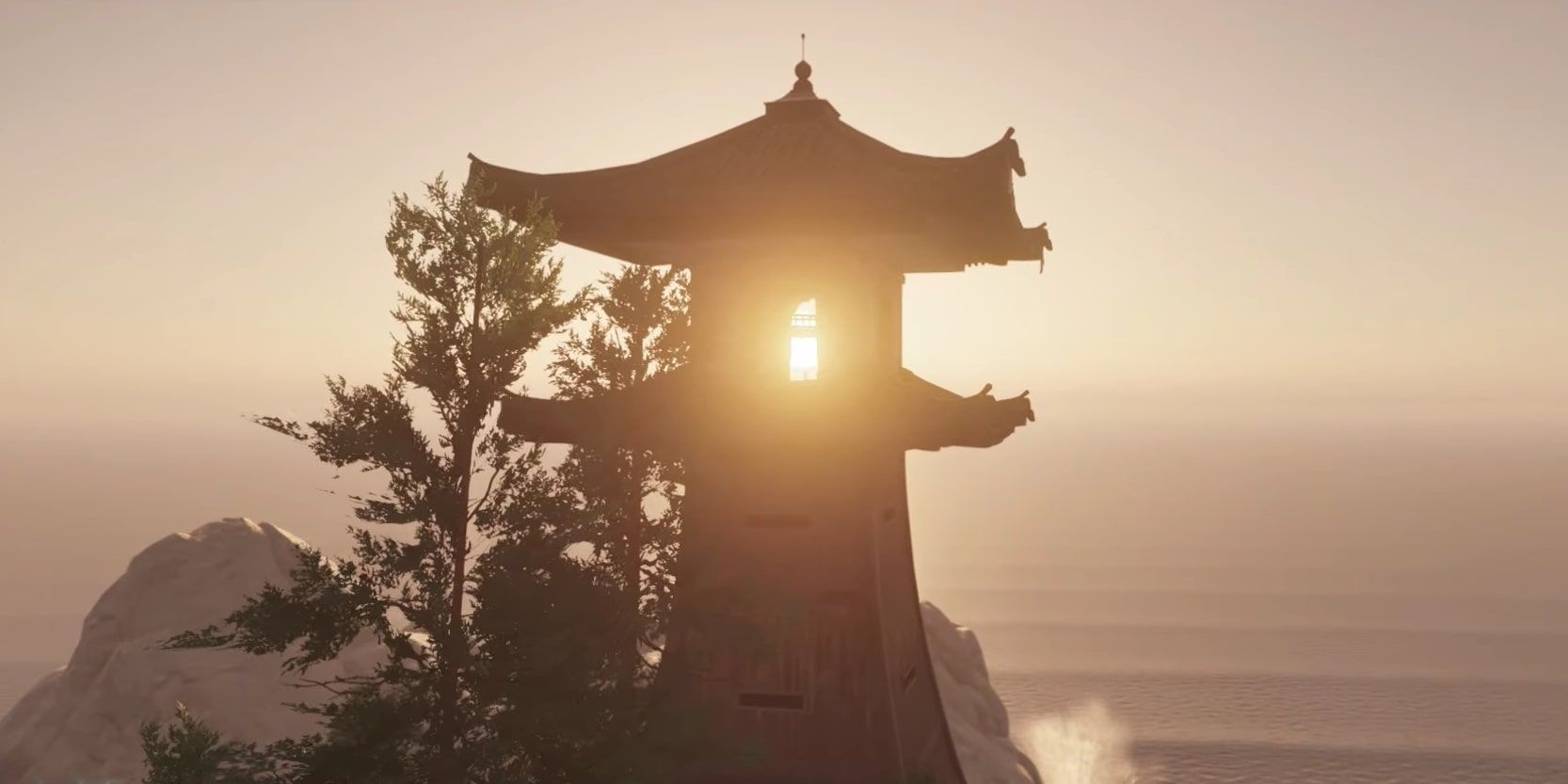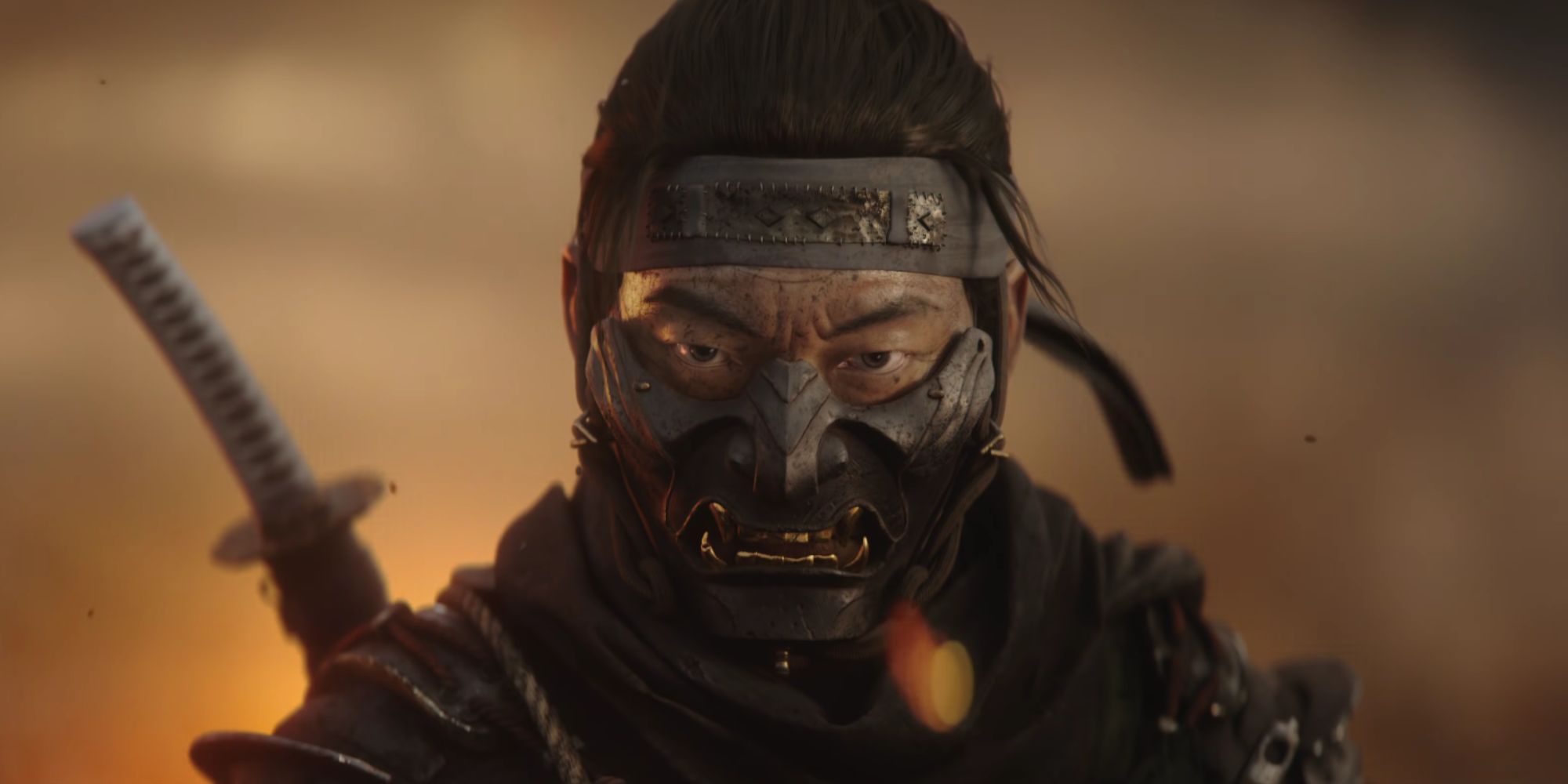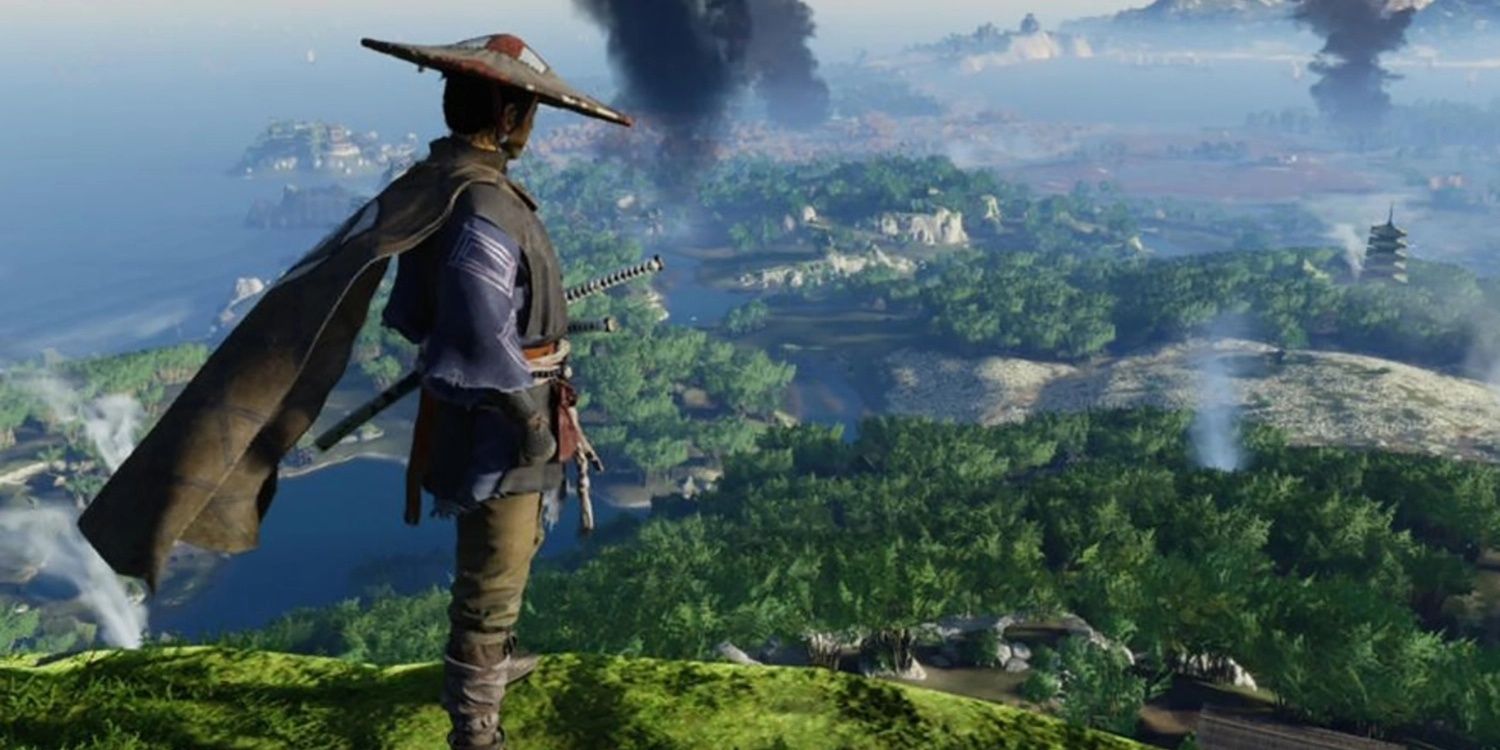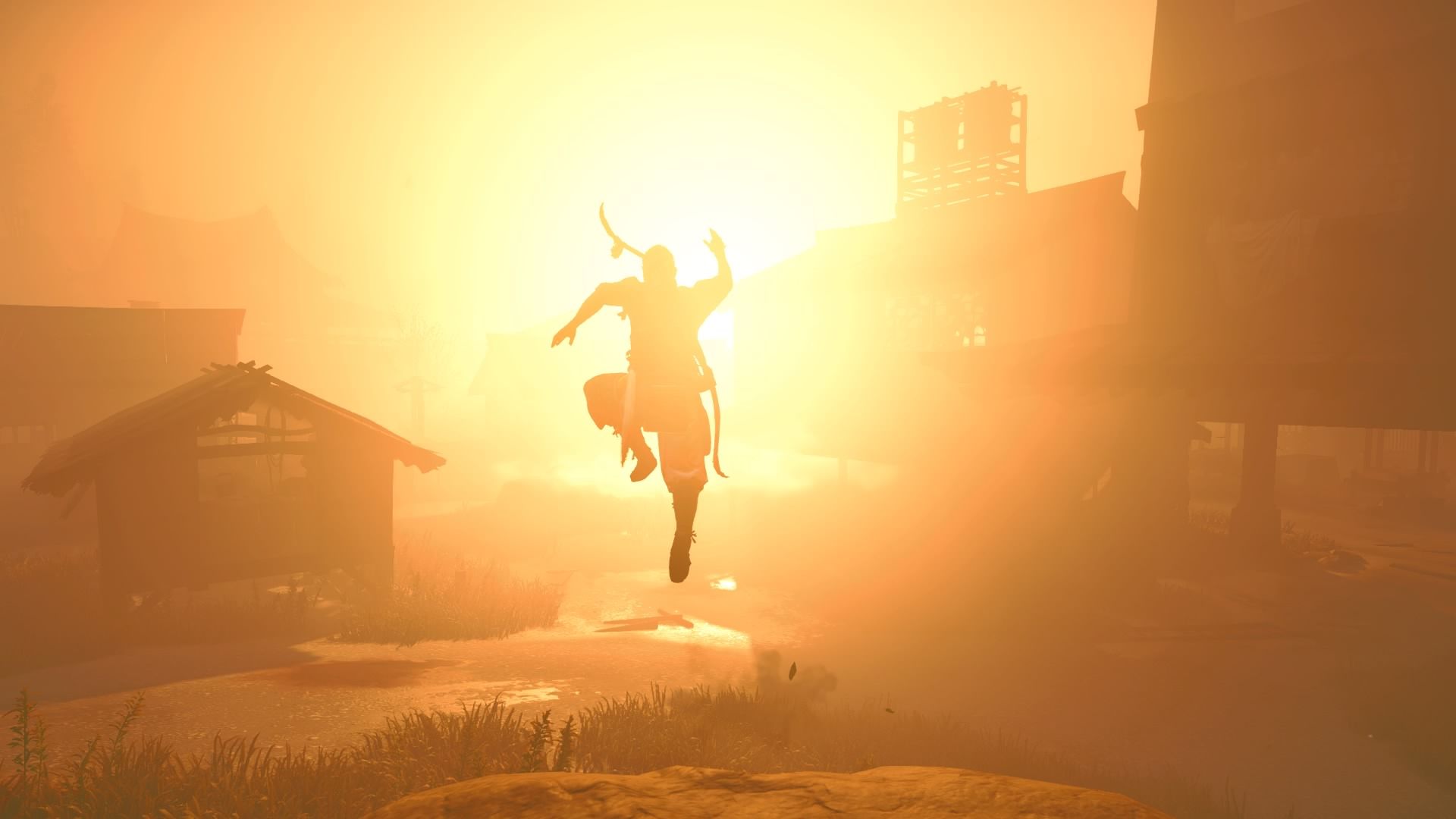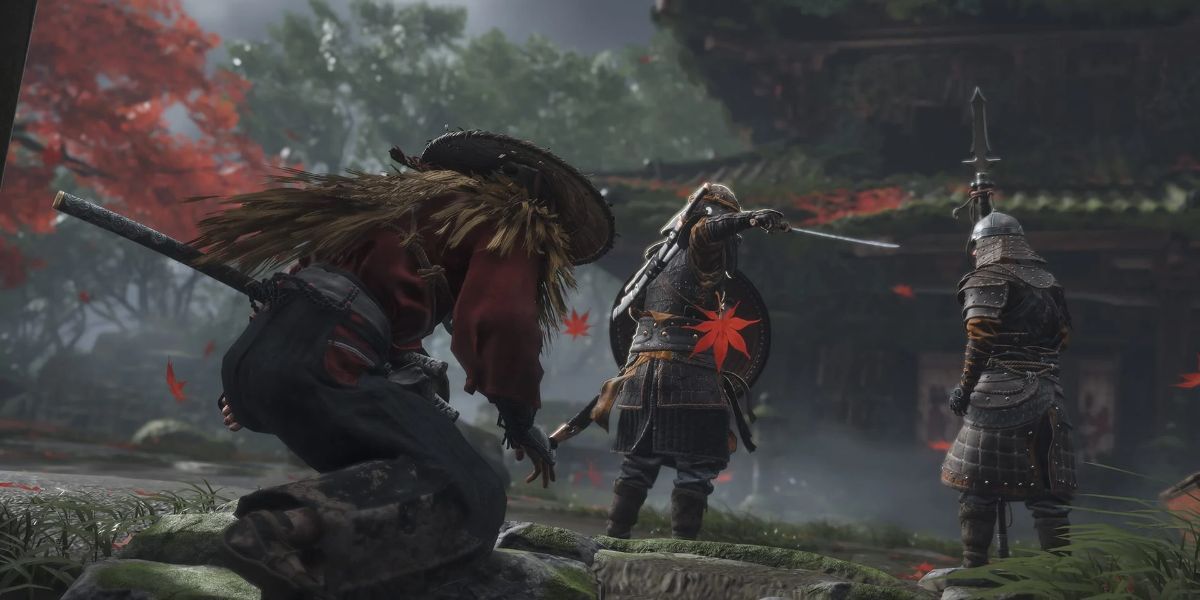Ghost of Tsushima was fine. Some people loved it, and that's also fine. But the ripple effects it caused were very strange, and I'm not sure we'll feel the full impact of them until the sequel launches in a few years. Ghost of Tsushima was a gorgeous game, possibly one of Sony's best looking, and was somehow a precursor for the PS5's fast loading times, despite releasing on the PS4 and, as I mentioned, looking gorgeous. Its gameplay, while a little simplistic and standard for its genre, was fluid and entertaining, and scratched that 'just one more' serotonin sensation. But the weird culture war that swirled around it puts the sequel under undue pressure.
I'm thinking of Ghost of Tsushima 2 because, looking at Sony's major studios, it seems like the next big project in line to be revealed. However, industry insider Jeff Grubb says Tsushima won't be at the upcoming PlayStation Showcase. He could be wrong, but if it skipped, it wouldn't surprise me. Games take a long time to make these days, and Sony's most prestige releases especially so. There was a gap of four years between the two God of War games, five years between the two Horizon games, and an eye-wateringly expensive seven years between two The Last of Us games. Naughty Dog shipped Uncharted 4 in that time, but some of the team had been solely on TLOU.
Going by that logic, and factoring in Sucker Punch's size and experience, plus the console generation leap and the pandemic, I'd suggest we're two years out from Tsushima 2. Studios are learning that it's dangerous to show your hand too early, and given how secretive Sony has been about Spider-Man 2 and The Last of Us Factions 2, I wouldn't expect Tsushima to break rank. It'll be a while before we see it.
When we do, I expect it will look gorgeous once more. Better than ever. Possibly better than anything ever, if it manages to significantly upgrade on Tsushima. But it will also look trite. It unashamedly copied from Japanese cinema, even calling its cheap black and white filter Kurosawa Mode, despite Kurosawa being noted for his vibrant use of colour in movies like Ran. It also only added Japanese lip-sync after launch, which it originally charged for. The game loved Japanese culture, but often failed to show it reverence, including haiku, hwacha, and katana, despite none of those having been invented when the game takes place. This is how Ghost of Tsushima unwittingly entered the culture war.
Politically, Ghost of Tsushima intends to say very little. It's a tried and tested story of a lone man fighting for what he thinks is right, even if it means defying a binary system of morality and justice. There's some Japanese tropes of honour draped around it, but that's the story at its core. In some ways it's liberal, in support of guerrilla warfare against imperial invaders and showing, albeit in cliched depictions, the horror of warfare. In others it is firmly conservative, with a 'might makes right' philosophy and a framing of the villager's distrust of the samurai that seems to say 'support the troops'.
In short, it's a video game. Most games have a similar viewpoint - they're progressive in that they want you to fight as the little guy, and they're regressive in that violence solves all of your problems. Lots of games subvert this system, or offer challenging viewpoints even within this balance. With Tsushima, not so much, and yet into the culture war it went.
Part of this was of its own making. It was a Western studio making a Japanese-inspired game that threw historical accuracy out the window and touched on a divisive topic (the Mongol invasion, and samurai in general), all while distancing itself from saying very much at all. As you might expect, some players were critical of that fact - both of the game's inauthenticity and its ham-fisted exploration of a charged time in history. Other players, as you also might expect, didn't care very much at all, and just had a lot of fun.
This led to a collision course with The Last of Us Part 2. Both were Sony exclusives made by studios that seemed to be on good terms, and yet they were positioned as mortal enemies. The Last of Us Part 2 was 'woke', placing female characters front and centre, killing off its male lead, and featuring queer characters while attempting to say something political about our world. It was beloved by critics. Ghost of Tsushima on the other hand was a pretty standard video game with map markers, filler quests, and a flat male lead for players to project themselves onto as a hero. Critics found it to be only okay.
As a result, Ghost of Tsushima became a beacon for the disenfranchised. At The Game Awards, it won the Players Vote and many saw it as a victory against The Last of Us, and one in the eye for woke journalists who put politics before fun. As a result, Ghost of Tsushima 2 is under huge pressure.
Sequels are always expected to outdo the original, but Tsushima has been imagined into something greater than it was. It was a fine open world game with some dated conventions disguised by gameplay that was enjoyable in the moment. This imagined battle with The Last of Us saw it swell into something bigger than itself, and the sequel must emerge from that shadow without the benefit of a woke dancing partner to tango with.
When I say Tsushima doesn't deserve this pressure, I don't mean it should escape scrutiny for its depictions of Japan, but that it now has a fanbase with the potential to be wildly toxic who have inflated their own expectations, and that Sucker Punch asked for none of it. The first game was a solid foundation and I hope the sequel builds on it. Unfortunately, that might not be enough.

